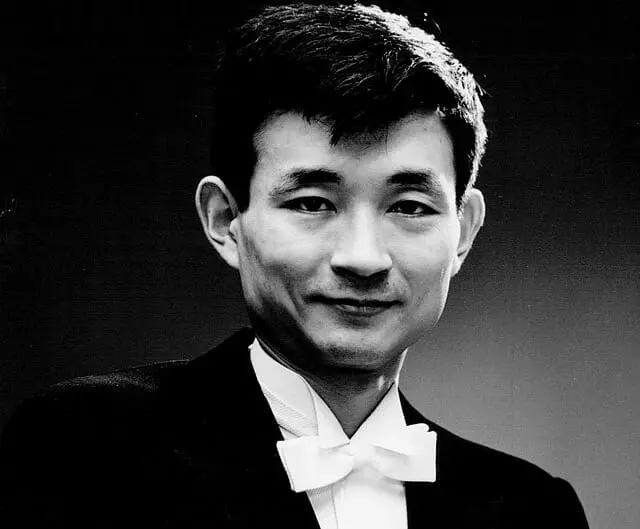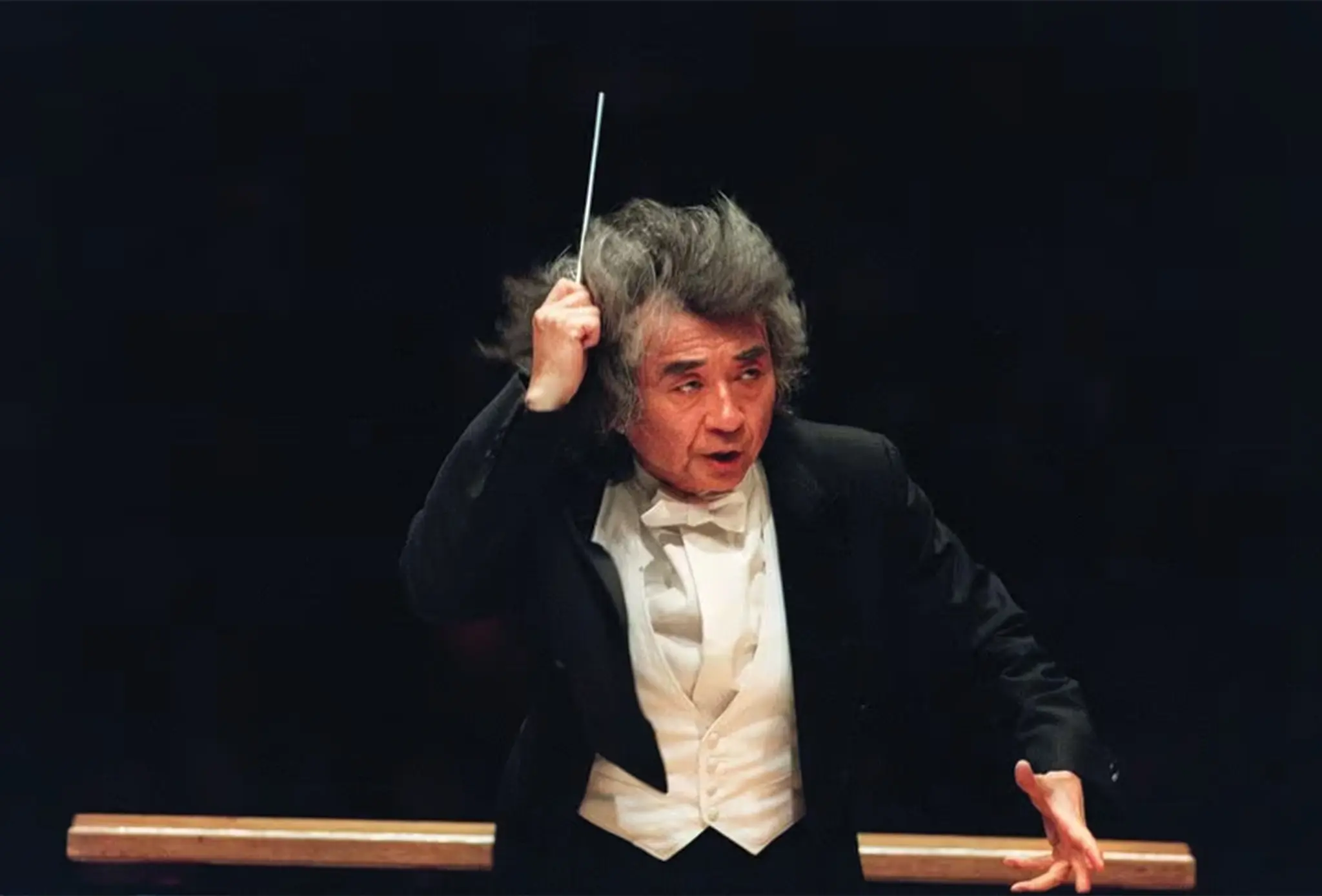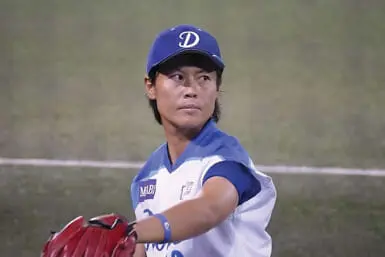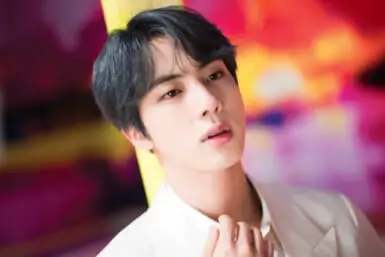Seiji Ozawa, who led the Boston Symphony Orchestra (BSO) for almost three decades, passed away last week, aged 88. According to his management, he died peacefully at his home from heart failure on February 6. As well as being the longest-running music director in the BSO’s 128-year history, he was also the first Japanese conductor to appear on the podium for the celebrated Vienna Philharmonic’s New Year Concert in 2002. He was given a standing ovation at the prestigious event, which has been held since 1939 to honor the Strauss family.
‘One of the Great Conductors of Our Time’
On its website, the Vienna Philharmonic wrote that it “mourns the loss of our honorary member Seiji Ozawa, one of the great conductors of our time. We look back with gratitude and love on many concerts and opera performances together, especially on our tours through Japan.” Chairman of the orchestra, Professor Daniel Froschauer added, “It was a gift to be able to go on a long journey with this artist, who was characterized by the highest musical standards and at the same time humility towards the treasures of musical culture as well as his loving interaction with his colleagues and his charisma, which was also felt by the audience.”
Cellist Yo-Yo Ma also paid his respects. “For Seiji, music started with silence, a blank canvas,” wrote the 19-time Grammy award-winner. “He would then paint and illustrate a whole universe in a way that the world had not seen before and rarely since. It is difficult to be a pioneer, and he did so with grace — serving as a source of hope and inspiration for me, especially as an Asian-American artist. To collaborate with him was to exchange intuition and emotion at the deepest level, but most of all I remember Seiji as a joyful, kind, caring human being.”

Seiji Ozawa: The Early Years
Ozawa was born to Japanese parents in Manchuria in 1935. As a youngster, he dreamed of becoming a pianist, but after spraining his finger playing rugby in junior high school, he switched to conducting. In 1959, Ozawa headed to Europe alone and soon won the prestigious Besançon Competition for young conductors. Further developing his skills under the mentorship of Herbert von Karajan and Leonard Bernstein, he became the assistant conductor at the New York Philharmonic in 1961. He is most remembered, though, for his 29 years as the BSO director.
For a great insight into Ozawa’s career, views and personality, Haruki Murakami’s book, Absolutely on Music: Conversations with Seiji Ozawa is well worth reading. “There is no single way to teach,” he told the revered writer. “You make it up as you go along.” In the introduction, Murakami wrote, “I had never encountered anyone before Seiji Ozawa with whom I found it so easy and natural to identify. In that sense, he is a precious person to me. It sets my mind at ease to know there is someone like him in the world.” Ozawa is survived by his wife, Miki Irie, and children Seira and Yukiyoshi.









